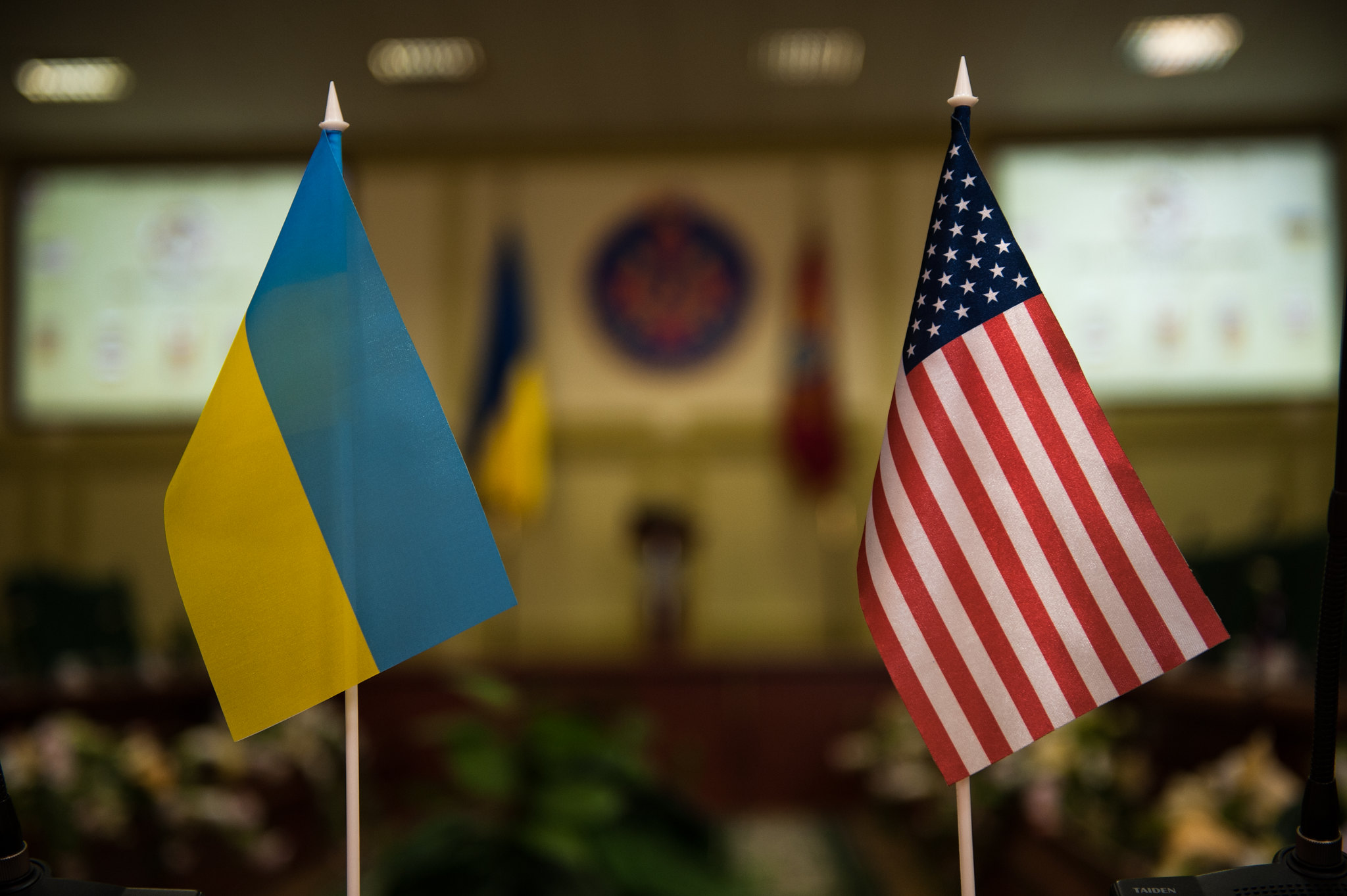U.S. Policy on the South China Sea
At the end of last week, Senators McCain and Reed of the Senate Armed Services Committee and Senators Corker and Menendez of the Senate Foreign Relations Committee sent a letter about the South and East China Sea to Secretaries Kerry and Carter.
At the end of last week, Senators McCain and Reed of the Senate Armed Services Committee and Senators Corker and Menendez of the Senate Foreign Relations Committee sent a letter about the South and East China Sea to Secretaries Kerry and Carter. China’s recent and dramatic reclamation efforts in the South China Sea prompted the March 19, 2015 letter, which Jack Goldsmith characterized as “a strong signal to the Administration, and to China.”
The purpose of the letter was to urge the Administration to develop a comprehensive strategy to address China’s reclamation efforts in the area. Doing so, the letter argued, is necessary “for the international community to continue benefiting from the rules-based international order that has brought stability and prosperity to the Indo-Pacific region for the past seven decades.”
So, what is the Administration’s current policy with respect to the conflicting territorial and maritime claims in the South China Sea, and what does the letter suggest about how congressional leaders would like to see that policy change?
U.S. policy has had four key features during the last few decades as tensions have escalated in the region. First, the U.S. has avoided taking a position on conflicting claims to territorial sovereignty in the South China Sea, and does not itself claim any of the disputed territory in the Sea. Second, the U.S. has sought to protect freedom of navigation and commerce in the region, an interest it deems “fundamental.” Third, the U.S. has repeatedly emphasized the importance of peaceful dispute resolution without coercion. Fourth, the U.S. has sought to ensure respect for international law, including the U.N. Convention on the Law of the Sea (UNCLOS) (to which the U.S. is not a party). See, for example, this 1995 Press Briefing following the occupation of Mischief Reef by China and these 2010 remarks by Secretary of State Clinton.
The March 19 letter appears to recognize and applaud these aspects of U.S policy, especially in the first sentence of the second paragraph. What the Senators want in addition, however, is a strategic plan with respect to China’s activity in the South China Sea, including its construction of land features, which are very likely to give China greater military capacity in the region. To some extent, U.S. policy has already become increasingly confrontational with China. Since 2012, the U.S. has responded explicitly to China’s activities in the South China Sea, and especially to China’s ill-defined claims based on the “nine-dashed line.” The United States argues that maritime claims based on the nine-dashed line (rather than on specific land features that fall within that line) are inconsistent with international law; this argument was advanced in detail in December of 2014.
Developing a response to land reclamation may be more difficult, however. International law does not prohibit reclamation or the construction of artificial islands on the high seas, which are “open to all states.” UNCLOS art. 87 (d). At least one analysis concludes that Fiery Cross and Gaven Reefs -- two installations specifically identified by the Senators’ letter – are beyond the Philippine Exclusive Economic Zone (EEZ) and are likely on the high seas. If China’s reclamation efforts occur within the EEZ or territorial sea of another country, or if they enhance islands or rocks which are part of the territory of another country, then they would violate international law (absent permission from the coastal state). But determining the reach of EEZs and territorial seas usually depend on deciding which country has territorial sovereignty over particular land features – precisely the questions on which the U.S. has avoided taking a position, and which are not answered by the UNCLOS. And although the U.S. could condemn China’s construction activities even if they are generally consistent with international law, the U.S. has taken the position that states should be free to engage in conduct that is not prohibited by international law, an argument which can be used to protect freedom of navigation and commerce. Reclamation might violate international environmental law, notice requirements, or commitments not to change the status quo pending resolution of current disputes (as Secretary Kerry has already said) but these arguments are probably best advanced by the countries most impacted by them – the littoral states currently engaged in maritime disputes with China -- in particular the Philippines and Vietnam.
Thus of the specific suggestions made in the penultimate paragraph of the letter, ramping up U.S. engagement with and support for allies in the region appears clearly warranted, as is the continuation of U.S. support for ASEAN. One policy measure not mentioned but which the administration and Congress ought to consider is supporting immediate technical efforts to document and map current physical features and recent changes to them, as suggested by Mira Rap-Hooper here. As time goes on, (perhaps very little time) it may become harder and harder to document which features were “rocks,” which were “islands” and which were neither prior to construction – and these determinations may be essential to resolving contested maritime claims in the region.
Ingrid Wuerth Brunk is the Helen Strong Curry Professor of International Law at Vanderbilt Law School, where she also directs the international legal studies program. She is a leading scholar of foreign affairs, public international law and international litigation. She serves on the State Department’s Advisory Committee on Public International Law, she is a Reporter on the American Law Institute’s Restatement (Fourth) on U.S. Foreign Relations Law, and she is on the editorial board of the American Journal of International Law. She has won Fulbright and Alexander von Humboldt awards permitting her to spend substantial time in Germany and she is an elected member of the German Society of International Law.



.jpg?sfvrsn=407c2736_6)

